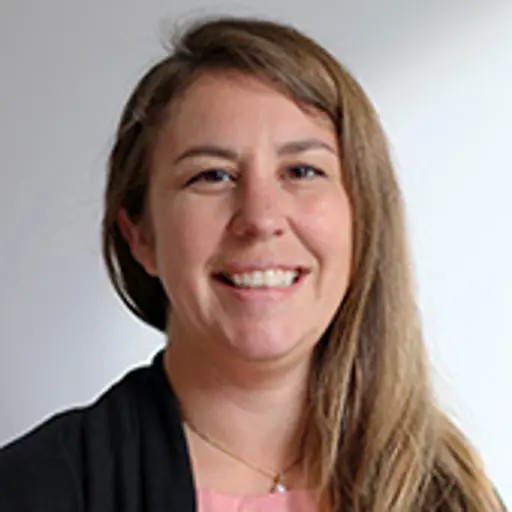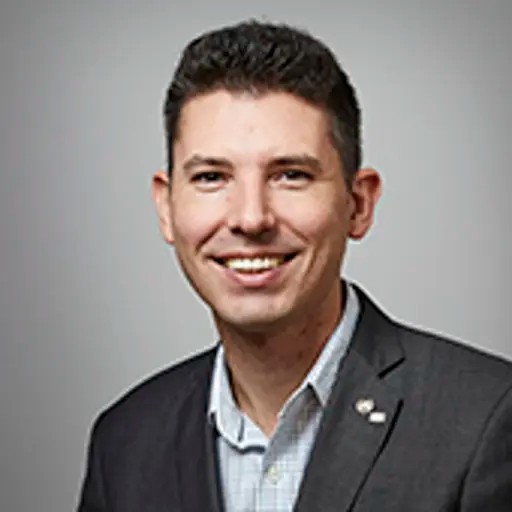Välkommen till ett seminarium i serien SmallTalks [about Nanoscience] arrangerat av Styrkeområde Nano.
Översikt
- Datum:Startar 20 mars 2023, 15:00Slutar 20 mars 2023, 16:00
- Tillgängliga platser:90
- Plats:
- Språk:English
Abstrakt:
We explore quantum-classical hybrid algorithms able to simulate protein folding and try to predict the size of the quantum computer needed to challenge today's classical algorithms.
Protein folding is the process by which a protein molecule acquires its final three-dimensional shape, and the correct shape is crucial for the protein to function properly. Many diseases, such as Alzheimer's and cystic fibrosis, are caused by misfolded proteins, so understanding the process of protein folding could lead to new treatments for these and other diseases.
One of the main challenges in simulating protein folding is the vast number of possible folds a protein can take. Finding the optimal fold is a large combinatorial problem involving many atoms' simultaneous movement and interactions. These types of problems are what quantum computers are theorised to be better at than classical computers. There are quantum algorithms today able to fold small proof-of-concept proteins; in the future, these algorithms may speed up the process of simulating protein folding. Though, quantum computers are currently not large and precise enough to challenge classical computations. We ask ourselves what kind of quantum computer we would need to revolutionize protein research.

